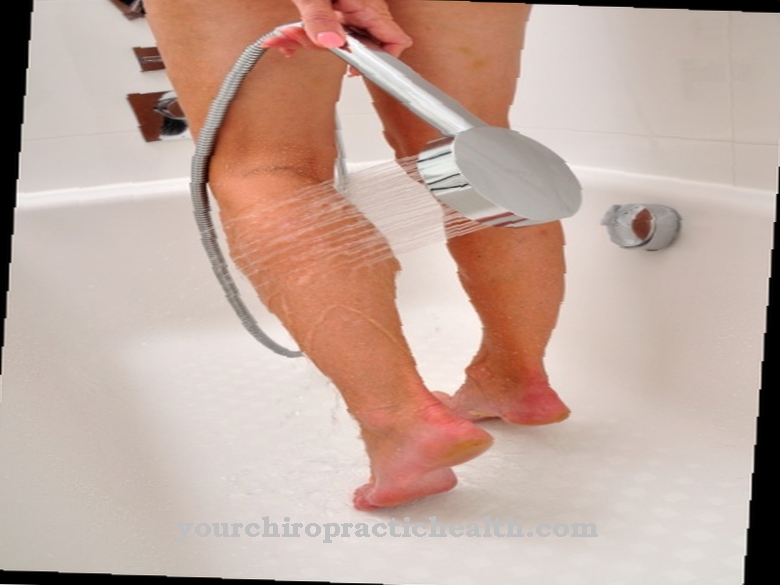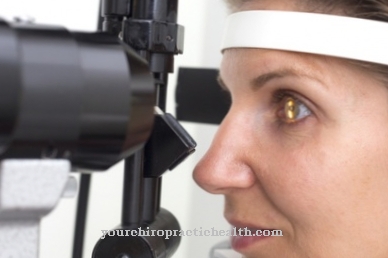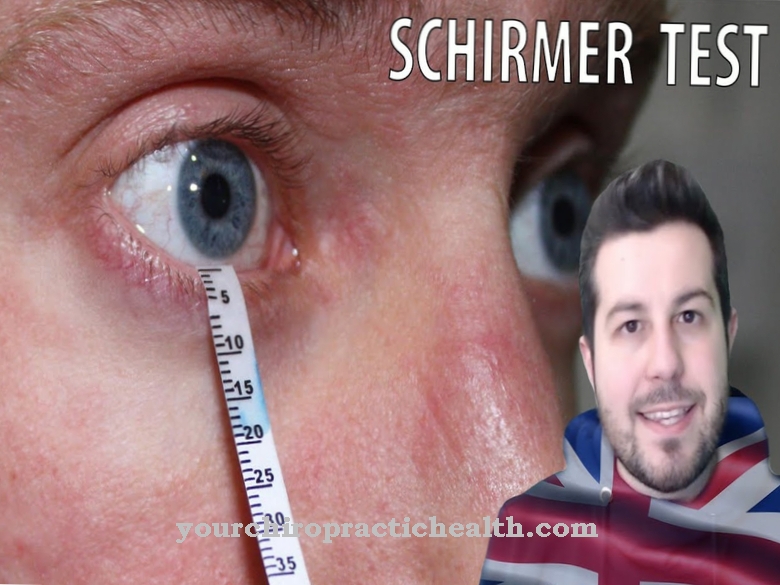The Ecotrophology deals primarily with nutrition and household sciences. However, aspects from economics and social sciences as well as general natural and engineering sciences are also incorporated into the teaching. With their advice, ecotrophologists can provide individual assistance to people who have acquired poor eating habits with all questions about healthy nutrition.
What is the ecotrophology?
The word "ecotrophology" is made up of the Greek terms "oikos" for "house" and "trophe" for nutrition and the suffix -logie for "teaching". These two components, nutritional science and household science, are the two main pillars of ecotrophology.
Ecotrophology deals with all the steps that food goes through from production and manufacture to processing and consumption. These include scientific, in particular biological, chemical and medical, psycho-sociological and economic processes and areas. Trophology is an independent sub-area of ecotrophology and deals, primarily on a scientific level, with human nutrition. Trophologists have a broad knowledge of dietetics and health.
Graduates of the Ecotrophology course can find jobs in a variety of ways. Most of them specialize, often independently, as nutritionists and thus on one of the two great pillars on which ecotrophology is based. Nutritionists can work in the food industry, in chemical laboratories and research facilities, but also in hospitals, old people's homes or other areas of the health care system and restaurants. Some of them work in research or analytical roles, but nutritional experts often also take on advisory roles.
Treatment spectrum of ecotrophology
In particular, independent nutritionists usually work in the role of nutritionists. As such, they help people in different situations choose the right foods for preventive health care or to make dietary changes and replace bad eating habits with healthier ones. Advice from a nutritionist is particularly important when treating eating disorders.
Nutritionists can help people in groups at risk for lifestyle diseases such as obesity and the resulting high blood pressure or diabetes to curb the progression of the disease through a healthier lifestyle and diet. Eating disorders such as anorexia, bulimia or obesity are usually treated by a therapist who works closely with a doctor. This current therapy can be supplemented very sensibly with nutritional advice. Corresponding nutritionists are often employed by the health insurance companies. Even when treating eating disorders in a correspondingly specialized clinic, there are usually several ecotrophologists on site to advise the patient and to prepare the meals individually.
Advice from an ecotrophologist can also be useful in addition to treatment by an oncologist for cancer patients. The goal of nutritional advice for cancer patients is to strengthen the body so that it can better tolerate the treatments. A sufficient supply of nutrients can also lead to a general improvement in the state of health and thus a higher quality of life for the patient. Ecotrophology is also indispensable in the sports and fitness industry.
Ambitious athletes in particular are happy to seek advice from ecotrophologists on the optimal diet for increased performance or optimized muscle building. The nutritionists go into the individual requirements, methods and goals of their clients. In addition to diet, athletes pay particular attention to the aspect of dehydration. Nutritionists are also involved in the development of special sports nutrition.
Overweight drugs over the counter
Get information here:
Diagnosis and research methods in ecotrophology
In many diseases, diet is an important factor in delaying or even stopping the onset of the disease. However, doctors are usually not sufficiently trained in the field of nutrition or do not have enough time to be able to help their patients adequately in this regard. This is where the ecotrophologists come in. They advise and coach people and give them valuable advice on how to use food responsibly and in a health-conscious manner.
A healthy diet can alleviate or even eliminate the symptoms that occur, especially in the case of lifestyle diseases such as diabetes, high blood pressure or obesity. Eating disorders have often simply forgotten how to eat healthily and harming themselves and their body and also their psyche by eating the wrong diet. In addition to psychotherapy, which is supervised by a doctor, nutritionists have the important task of restoring healthy eating behavior to people with eating disorders so that their body and psyche can recover.
Nutritionists help people with eating disorders or other faulty eating behavior by analyzing their current eating behavior together with those affected and handing out healthy eating plans as a guideline. In clinics that specialize in the treatment of eating disorders, the so-called "teaching kitchen" is also often used as part of the therapy.
In this, those affected should experience a healthy and normal handling of food themselves and, when preparing various dishes, get a feeling for which ingredients are normal and healthy in which quantities. The ecotrophologists present also advise the eating disorders in all areas that have to do with food: They support the patients not only in preparation, but also in shopping and in questions about stock keeping, correct storage and handling of leftovers.












.jpg)



.jpg)










.jpg)
